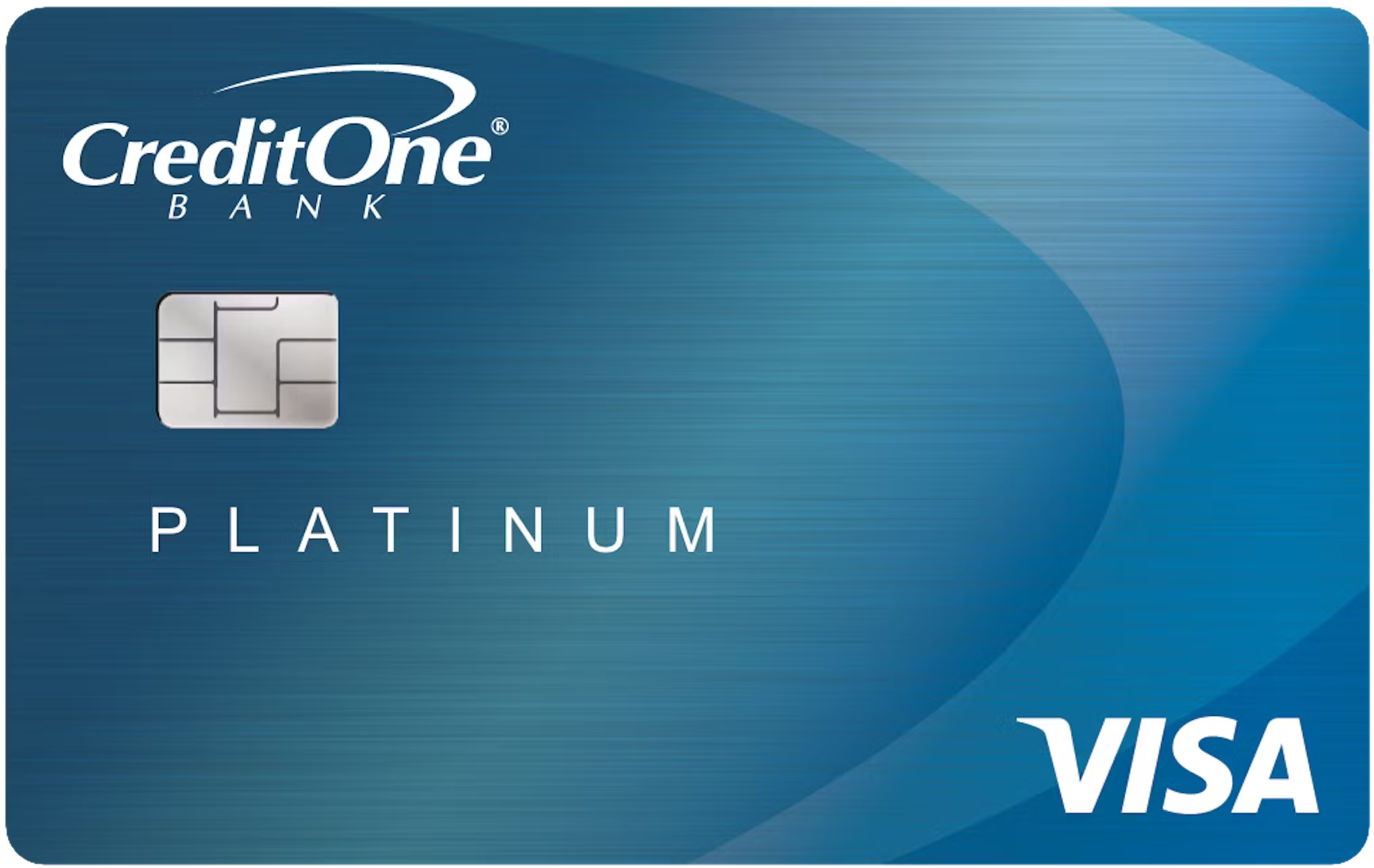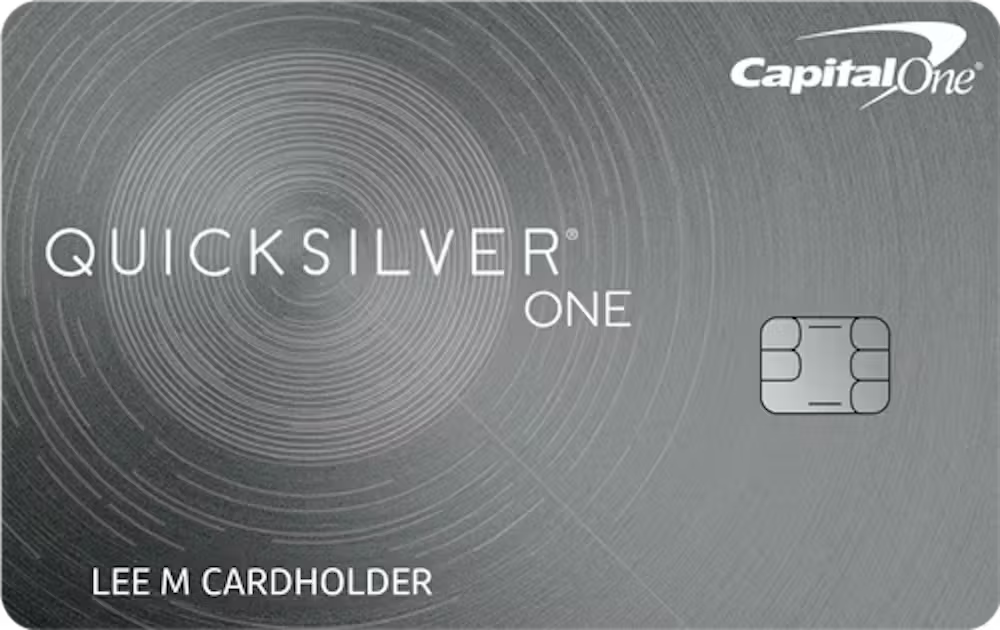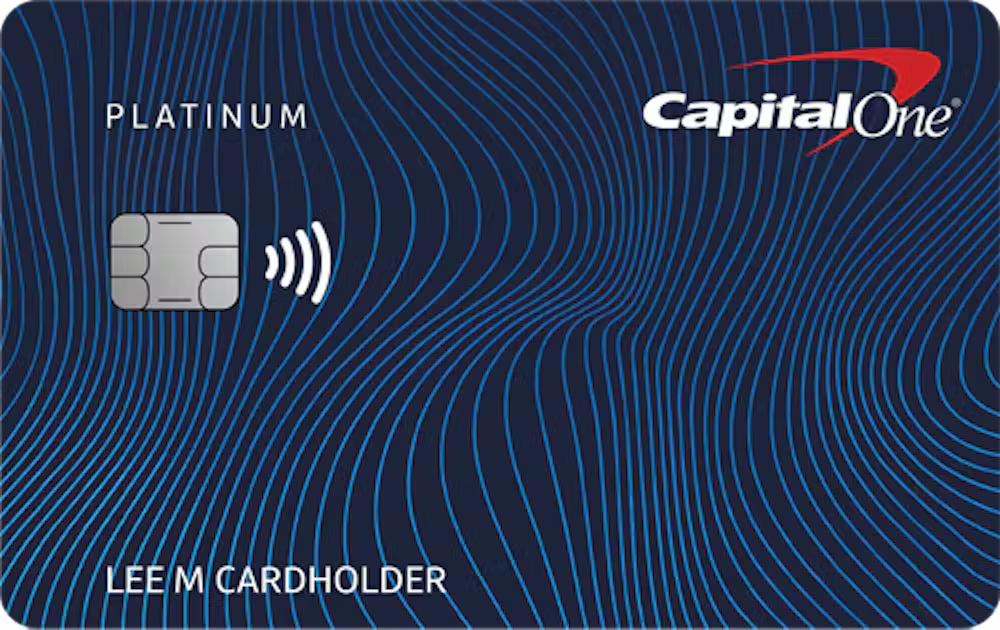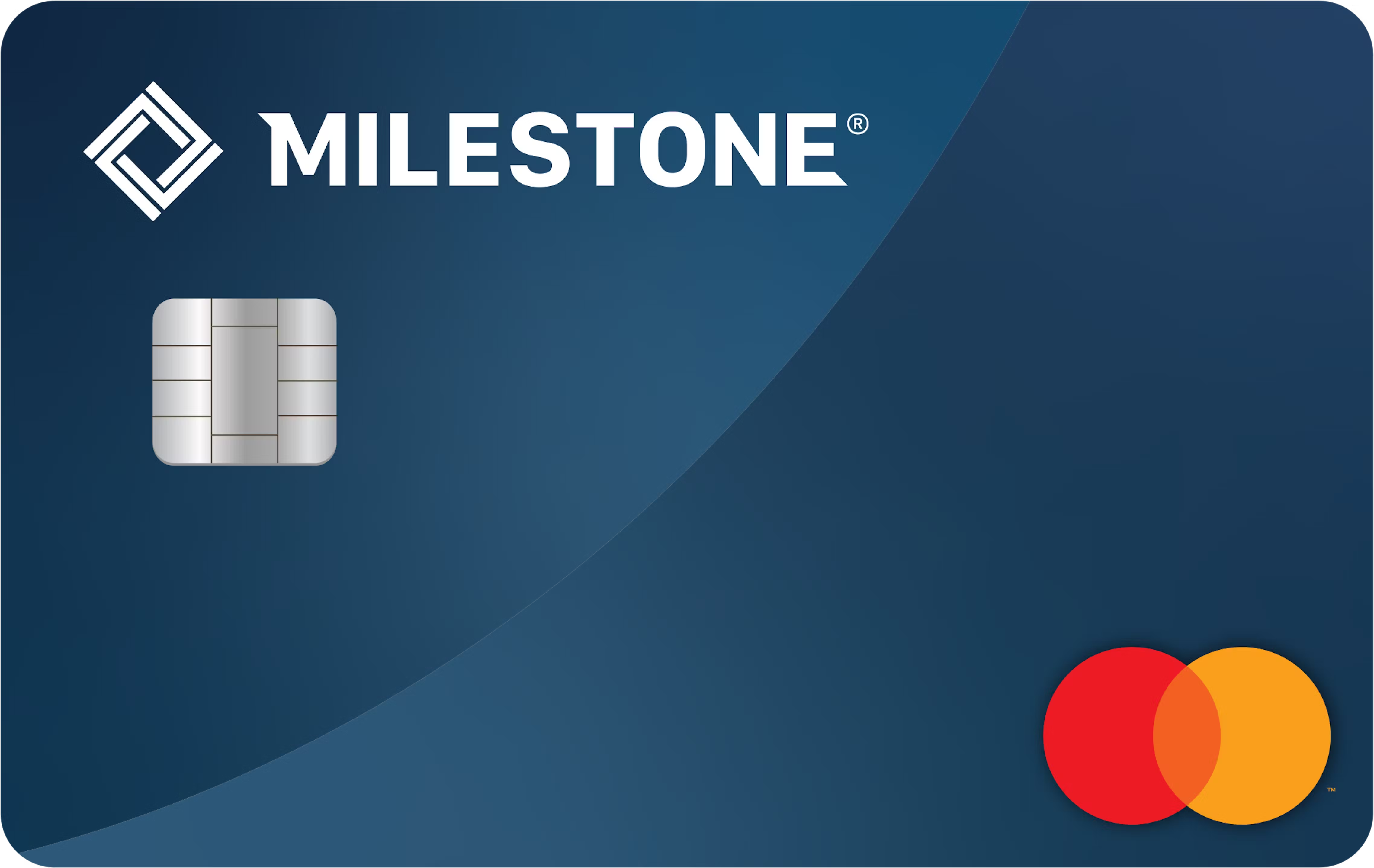Best Credit Cards for Fair Credit: Top Offers and Tips
If you have fair credit, finding the right credit card can seem like a daunting task. With so many options available, it’s important to choose a card that suits your specific needs and helps you build your credit history. That’s why we’ve done the research for you and compiled a list of the best credit cards for fair credit. Whether you want to improve your credit score, earn rewards, or simply have access to a flexible line of credit, our top offers and tips will help you make an informed decision. So, let’s dive in and explore the world of credit cards for fair credit.
Find the best credit cards for fair credit. Discover top offers and valuable tips to improve your credit score with our step-by-step guide.
Great for no annual fee ††
Capital One Platinum Credit Card
Regular purchase APR
29.99% (Variable)
Annual fee
Great for access to unsecured credit ††
Milestone® Mastercard®
Regular purchase APR
24.90%
Annual fee
$75 the first year; $99 thereafter

I WANT THIS CARD
Great for cash back and average credit ††
Capital One QuicksilverOne Cash Rewards Credit Card
Rewards rate
1.5% – 5%Cash back
Annual fee
$39

I WANT THIS CARD
Great for cash back and average credit ††
Credit One Bank® Platinum Visa® for Rebuilding Credit
Rewards rate
1%Cash back
Annual fee
$75 for the first year, $99 thereafter
How we selected these cards
To identify the top credit cards for fair credit, we focused our search on cards specifically aimed at individuals with fair or average credit scores. Often, this targeting information is not widely disclosed by credit card issuers, making it challenging to determine which cards you are likely to qualify for.
Rather than presenting options for those with poor credit or no credit history, we aimed to highlight the best cards that are realistically attainable for you.
FAQs about fair credit cards
What is fair credit?
Fair credit is considered average—it’s neither poor nor excellent, but squarely in the middle.
The specific range for fair credit can vary depending on the credit scoring model used. Typically, for FICO, fair credit scores range from the upper 500s to the mid-600s. For VantageScore, fair scores are usually in the low to mid-600s.
If you’re interested in finding out which category your credit scores fall into, consider reviewing our guide to credit score ranges.
How can I improve my credit score from 650 to 700?
Boosting your credit score from 650 to 700 can elevate you from fair credit to good credit status.
With a good credit score, you’ll gain access to superior credit card options including enhanced rewards programs, increased cash back, no annual fees, and potentially lower interest rates.
Although there’s no surefire method to raise your credit score, some effective strategies include making payments on time, reducing your credit card balances, and maintaining older credit accounts to lengthen your credit history.
What are the easiest credit cards to get approved for? What kind of card can you obtain with fair credit? What is the minimum credit score required for a credit card with fair credit?
It’s often challenging to find clear information on the minimum credit scores required by credit card issuers, especially for cards designed for fair credit.
The simplest cards to qualify for, such as secured cards, are typically aimed at those with poor credit.
However, if your credit is fair, you might be eligible for unsecured cards that do not require a security deposit.
Be aware that these cards may have annual fees and high APRs, which can be expensive if you need to carry a balance or are working to pay off debt.
How can I secure a higher credit limit with fair credit?
Credit cards aimed at individuals with poor to fair credit usually offer lower credit limits. Improving your credit score is a reliable way to increase your credit limits.
Unfortunately, there are no quick fixes in boosting credit. Responsibly managing a credit card—by paying off your balance each month on time and maintaining a credit utilization ratio under 30%—is essential for building your credit score.
Income is also a critical factor that issuers consider when setting credit limits. Although it’s not an immediate solution, a higher income can potentially lead to a higher credit limit.


